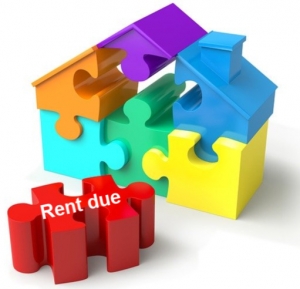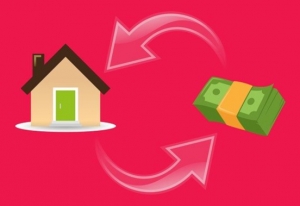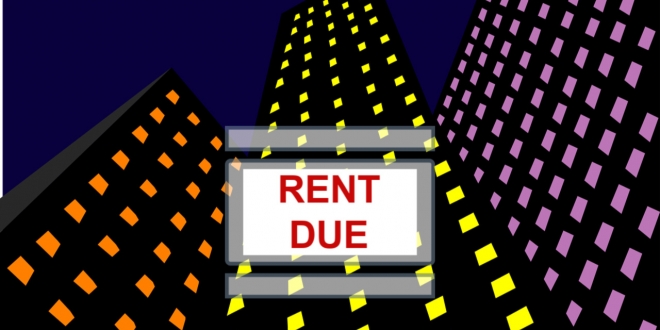Only about one-third of US workers can work from home and they earn about 45% of the country’s wages. Being the first of the month, there are millions of rents, business leases and other payments due. The big question, is what happens with them?

In the third week of March, a record 3.5 million Americans filed for unemployment benefits. That number is going to rise exponentially. The state of New York estimates it will not reach its peak impact from coronavirus until the end of April and other large population states like Florida, Michigan, and Illinois are likely to see their peaks even later, lengthening the economic impact.
Macy’s recently laid off 138,000 employees, just one of the millions of businesses having to make difficult decisions about their survival and the welfare of their employees.
Pressure on the US financial system

A recent podcast by The Economist puts the coronavirus impact on the US economy in stark perspective. In a normal month, workers earn about one-third of America’s output, about a trillion dollars. The challenge is that income is not going to be available to pay rent, mortgages, business leases, and other debts and expenses.
The Economist’s Wall Street correspondent Alice Fulwood says calculating the potential impact related to real estate payments alone is challenging. She estimates the total value of US real estate is about $50 trillion of which $34 trillion is residential and the remainder – $16 trillion – is commercial.
Normally, mortgage payments and business rent or leases are due on the first of the month. She believes about $75 billion dollars in mortgage payments and $15 billion in business leases are a very big question today.

A large number of these consumers and businesses are facing a
big challenge in meeting these payments without the normal income flow.
Fulwood says about one-third of Americans rent their homes and many landlords
depend on rental income to meet their own debt payments. With both tenants and
landlords looking for relief, the problem now becomes one for banks to deal with. “When
you add all that up you reach a total number that’s about $160 billion
due,” she says.
Some lenders are postponing foreclosures. “So as long as people up the
chain can help delay the payments, then you should be able to give assistance
to renters as well. But it all depends on who has the least flexibility.” Fulwood
adds.
Is the US govt aid package enough?

The federal government relief package targets two areas. Increasing the availability of unemployment funds and the length of time they’re available, as well as raising the percentage of wages available. The initial one-off $1200 payment will potentially reach consumers in the next three weeks. “All of these will help people who have been hurt by the epidemic,” she says.
“The question now is how long this will go on for, how long the financial system can cope without a regular flow of payments, and whether this relief can be extended if needed?”
Fulwood says efforts like New York’s 60-day postponement of evictions and California’s 90-day ban on foreclosures will also help and she expects other states to respond with similar measures as they face the growing pandemic.
Meanwhile, landlords, mortgage holders, real estate investors not to mention every business in America is now looking closely at the potential impact as the flow of cash from every manner of payments is threatened.
As the peak of the COVID-19 crisis moves forward like a tsunami across the US, the pressure on the financial system, business and consumers will quickly reach the boiling point.

